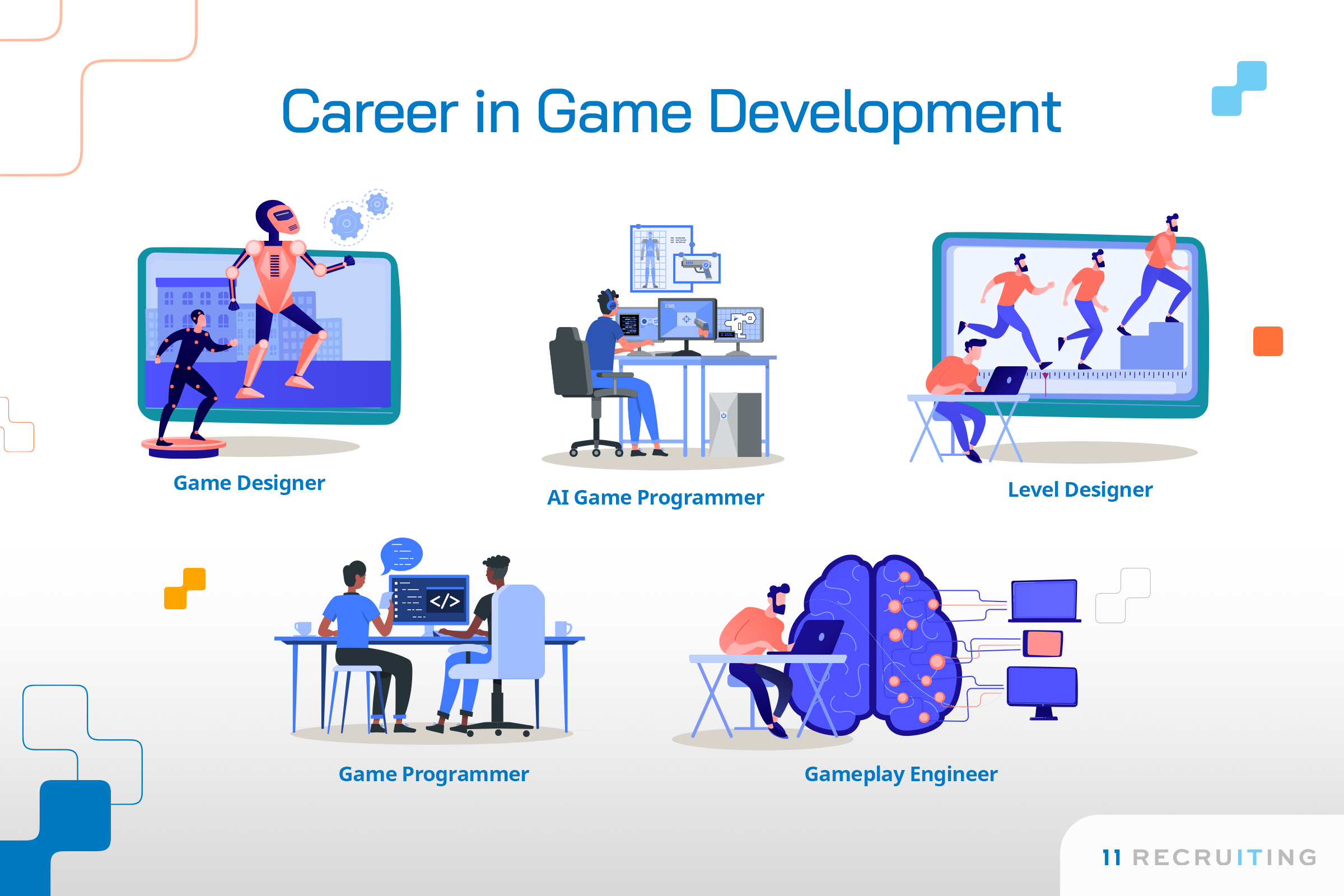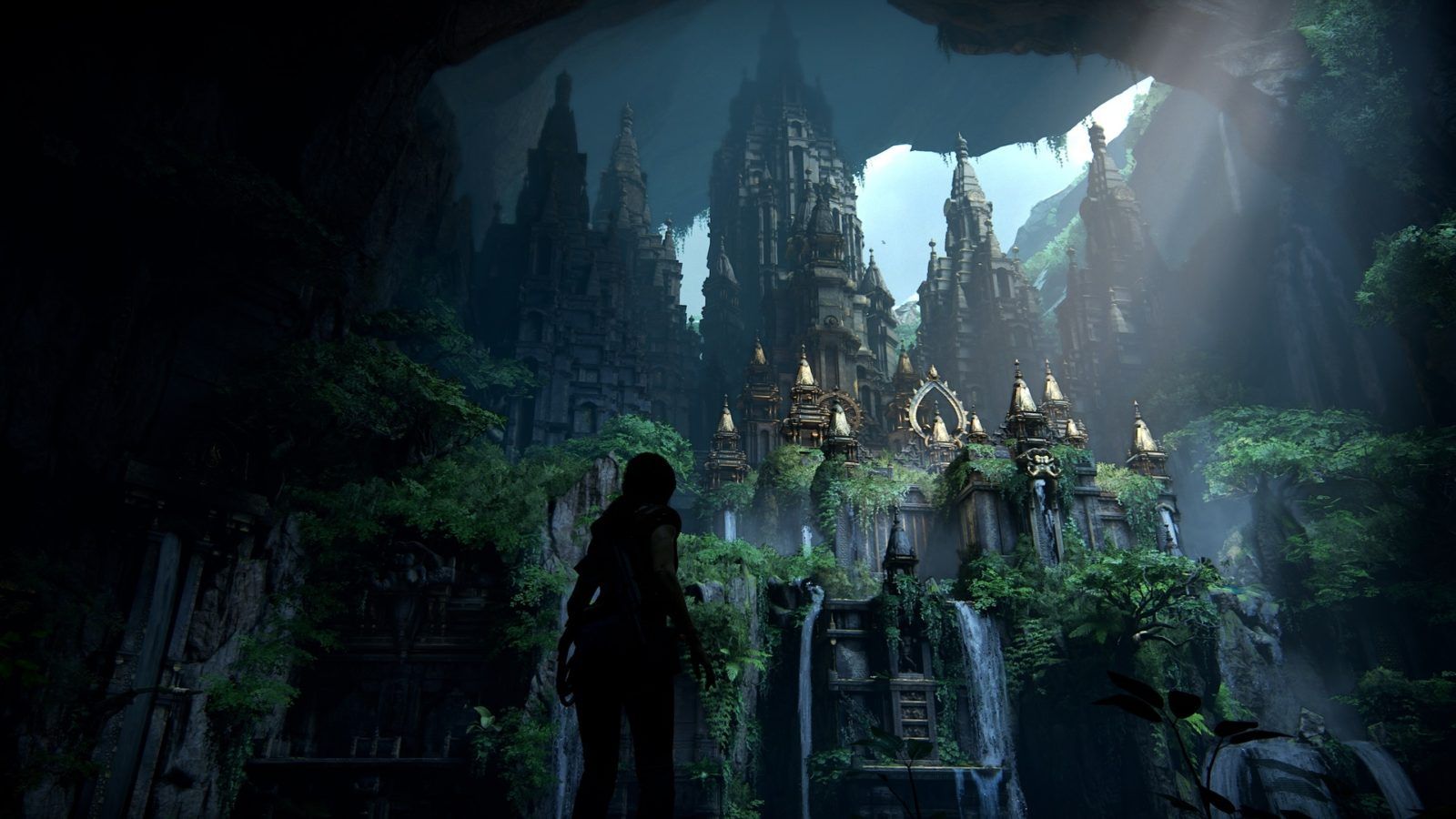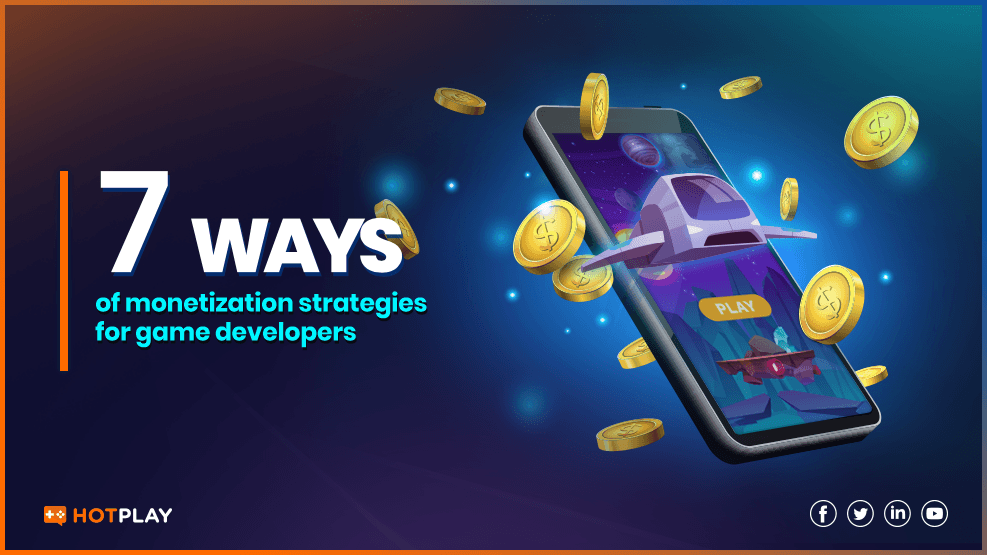Introduction
Becoming involved in game creation in India is a thrilling and fulfilling undertaking. The opportunity to follow your love for developing interactive experiences has never been greater, with the game industry growing and a multitude of tools at your disposal. We'll go over the crucial actions and tools to get you started on your game development adventure in India in this extensive tutorial.
Recognizing the Indian Gaming Landscape: It's important to recognize the distinctive characteristics of the Indian gaming business before venturing into the realm of game production. India's gaming market has grown at an exponential rate in the last several years because to a number of causes including a growing number of young people who like gaming, expanding internet access, and smartphone adoption. According to industry reports, India is poised to become one of the world's top gaming markets, presenting ample opportunities for aspiring game developers.
Getting Started with Game Development:
Learn the Basics:
Before diving into game development, it's essential to acquire a solid understanding of the fundamentals. Familiarize yourself with programming languages commonly used in game development, such as C++, C#, or Java. Online platforms like Coursera, Udemy, and Khan Academy offer a plethora of courses and tutorials to help you get started.
Choose Your Tools:
Selecting the right tools and software is crucial for game development success. Popular game engines such as Unity and Unreal Engine offer powerful features and extensive documentation, making them ideal choices for beginners. Additionally, tools like Blender for 3D modeling and Adobe Photoshop for graphics design can complement your game development toolkit.
Join Communities and Networking:
Connecting with fellow game developers and enthusiasts can provide invaluable support and guidance on your game development journey. Join online forums, social media groups, and local meetups to network with like-minded individuals, share knowledge, and collaborate on projects. Platforms like Discord, Reddit, and LinkedIn offer vibrant communities for game developers in India.
Start Small and Iterate:
Start off small with prototypes and tiny initiatives while developing games. Concentrate on improving your abilities and trying out various game genres and systems. Try your hand at some basic 2D games or mobile applications before moving on to more difficult tasks. Keep in mind that creating games is an iterative process where every project is a chance to learn and get better.
Leverage Indian Resources and Support:
Take advantage of the numerous resources and support systems available to game developers in India. Organizations like the National Association of Software and Service Companies (NASSCOM) and the Indian Game Developers Conference (IGDC) provide platforms for networking, skill development, and industry insights. Additionally, government initiatives such as the Digital India program and Startup India offer support for budding game developers.
Focus on Portfolio Development:
As you improve as a game developer, concentrate on creating an impressive portfolio that highlights your work and accomplishments. To demonstrate your abilities to prospective employers, partners, or investors, a carefully maintained portfolio is necessary. To showcase your skills and inventiveness, provide project descriptions, gameplay videos, and screenshots.

Stay Updated and Adapt:
The gaming industry is dynamic and ever-evolving, with new technologies and trends emerging regularly. Stay updated on the latest developments in game development tools, techniques, and market trends. Continuously expand your skillset and adapt to changing industry demands to remain competitive and relevant in the Indian gaming ecosystem.
Embrace Cultural Diversity:
India's rich cultural heritage and diverse traditions offer a wealth of inspiration for game developers. Explore themes, narratives, and aesthetics rooted in Indian mythology, folklore, and history to create unique and immersive gaming experiences. Embracing cultural diversity not only adds depth and authenticity to your games but also resonates with Indian audiences and global players alike.
Collaborate and Partner:
Collaboration is key to success in the game development industry. Seek opportunities to collaborate with other developers, artists, musicians, and writers to pool resources and expertise. Consider partnering with local game studios, educational institutions, and industry organizations to access mentorship, funding, and distribution channels. Building strong partnerships can accelerate your growth and open doors to exciting opportunities in the Indian gaming ecosystem.
Explore Market Trends and Opportunities:
Stay informed about market trends and emerging opportunities in the Indian gaming industry. Keep an eye on popular genres, player preferences, and monetization models to tailor your game development strategies accordingly. With the rise of mobile gaming, esports, and augmented reality (AR) technologies, there are ample avenues for innovation and growth in the Indian gaming market. Conduct market research, analyze consumer behavior, and adapt your game concepts to align with market demands and player preferences.
Monetization Strategies:
As you progress in your game development journey, explore various monetization strategies to generate revenue from your games. Consider options such as in-app purchases, subscription models, ad-based monetization, and premium game sales. Evaluate the pros and cons of each monetization method based on your target audience, game genre, and revenue goals. Experiment with different monetization strategies to find the right balance between profitability and player satisfaction.
Seek Feedback and Iterate:
Feedback is essential for refining your game development skills and improving the quality of your games. Engage with players, fellow developers, and industry experts to gather feedback on your game prototypes and projects. Embrace constructive criticism and use it as fuel for iteration and improvement. Incorporate player feedback into your design decisions, gameplay mechanics, and user experience to create games that resonate with your audience and stand out in the competitive market.
Stay Resilient and Persistent:
Game development is a challenging and competitive field that requires resilience, determination, and perseverance. Be prepared to face obstacles, setbacks, and failures along the way, but don't let them deter you from pursuing your passion. Stay focused on your goals, continue learning and growing as a developer, and maintain a positive mindset even in the face of adversity. Remember that every setback is an opportunity for growth, and every success is a testament to your hard work and dedication.
Conclusion
Aspiring developers have many opportunity to express their creativity, invent, and leave their mark in the thriving gaming industry as they start their game development adventure in India. Aspired developers may create their own road to success and further the development of interactive entertainment globally by adhering to the guidelines provided in this book and accepting the special opportunities and difficulties present in the Indian gaming industry. There are countless opportunities and limitless potential in the area of game development in India, regardless of your experience level.
.jpg)


